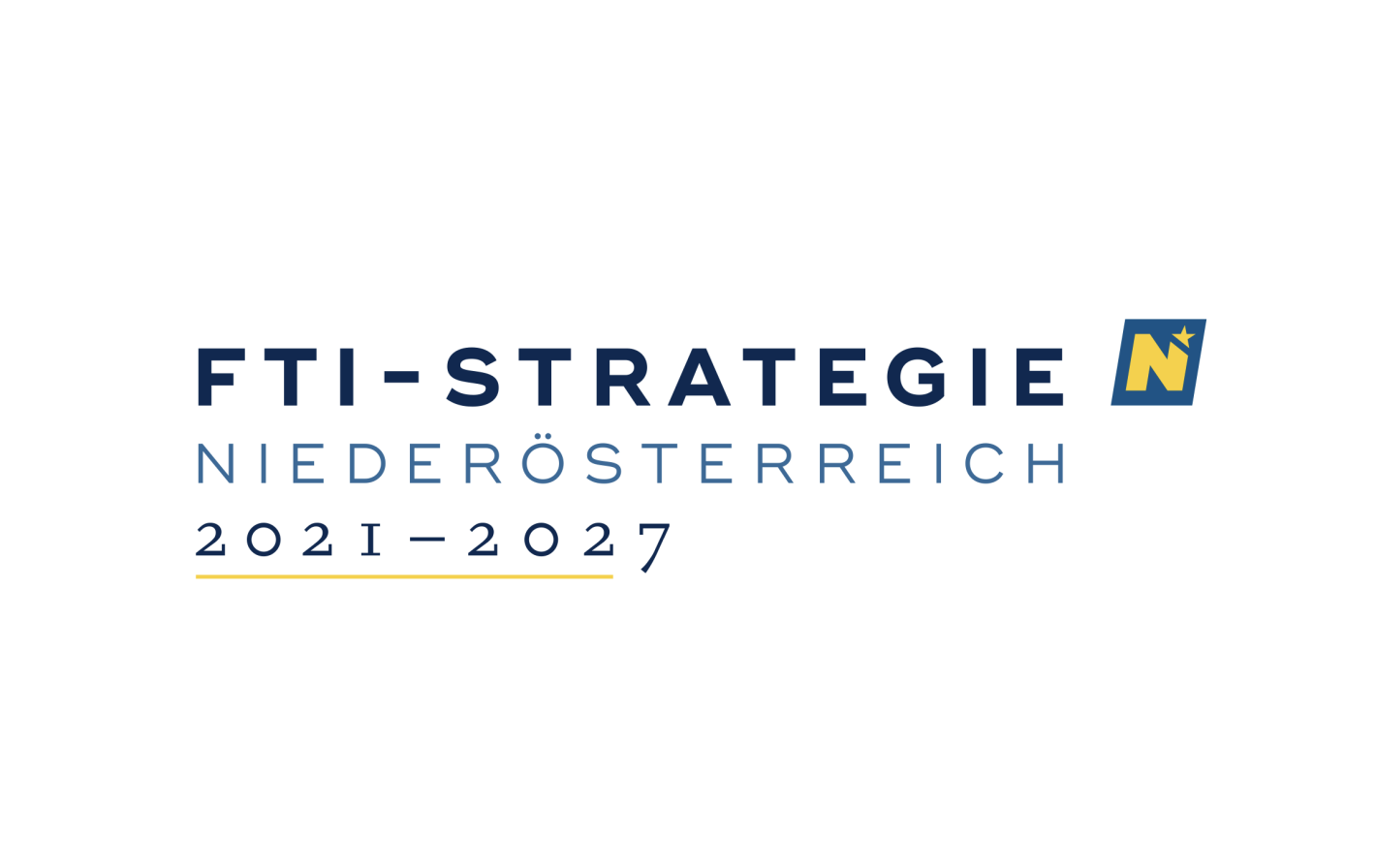IMPETUS – Identifying Mobility Aspects of Daily Traffic Using Citizen Science in Lower Austria

Lead partner:
BEST - Bioenergy and Sustainable Technologies GmbH - Standort Wieselburg
Scientific management:
Rita Sturmlechner
Additional participating institutions:
Fachhochschule Wiener Neustadt - Marketing Campus Wieselburg
BOKU - University of Natural Resources and Life Sciences
Gemeinde Wieselburg-Land
Ökoregion Südliches Waldviertel
Field(s) of action:
Environment, climate and ressources
Environment, climate and ressources
Scientific discipline(s):
5090 - Andere Sozialwissenschaften (40 %)
2020 - Elektrotechnik, Elektronik, Informationstechnik (20 %)
2071 - Umwelttechnik (20 %)
2079 - Sonstiges Umweltingenieurwesen, Angewandte Geowissenschaften (20 %)
Funding tool: Citizen Science
Project-ID: FTI24-C-007
Project start: 01. Mai 2025
Project end: 30. April 2028
Runtime: 36 months / ongoing
Funding amount: € 359.801,00
Brief summary:
The transport sector is clearly lagging behind in the energy transition. While other sectors have already been able to reduce their emissions, the transport sector in Lower Austria had around 30% higher emissions in 2020 compared to the reference year 1990. In order to initiate or accelerate this transition, the population must be actively involved. The goal of this project is to evaluate the mobility behavior of Lower Austrian citizens and to co-develop solutions together with them. This should contribute to advance the mobility transition and to increase acceptance and support by the population at the same time. For this purpose, a Citizen Science approach is applied, whereby citizens are involved in all phases of the project in participatory workshops and by the use of an specifically designed smartphone app. Citizen participation includes on the one hand the development (function, design), testing and use of the app for the acquisition of mobility data (route, purpose, vehicle) and on the other hand the elaboration of regional solutions and concepts for best-practice examples. On the basis of the app data collected, users are directly shown alternative mobility concepts with possibilities for reducing CO2 emissions and transport costs. In addition the acquired app data are used by scientists for optimized planning of the infrastructure as well as for intelligent integration of mobility in smart energy concepts (e.g. integration in energy communities with PV and storage system). The project results are scalable best-practice mobility solutions that can be realised in short term and are economically evaluated which lead to significant greenhouse gas reductions. The participation of several regions from Lower Austria (14 municipalities) ensures a broad roll-out of the results.
Keywords:
citizen science driven mobility transition; climate-friendly mobility, alternative transport concepts; municipal mobility solutions; optimized planning of mobility infrastructure; mobility app;

